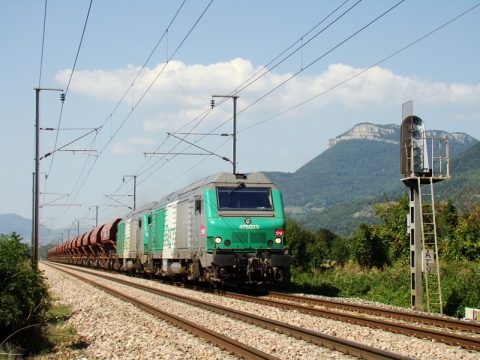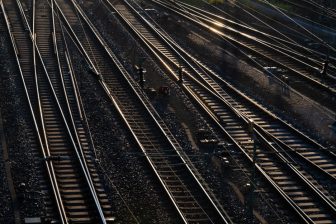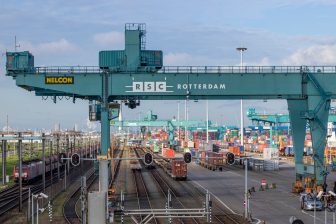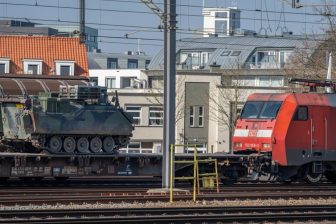
Cancellations rail freight services France as SNCF strikes kick off
Three months of rail strikes by union organisations of national rail operator SNCF started this week. Yesterday and today were the first two days of the strike, which involves cancellations of freight as well as passenger services. Until the end of June, strikes will be held every two out of five days.
The rail strikes are a response to Macron’s sweeping plans to shake up France and make it more competitive. Among other steps, he has announced plans to draw up a new social contract with the railway staff members, who must benefit from the same working conditions as all the French. Average gross pay of rail freight subsidiary Fret SNCF staff increased by 2.8 per cent annually between 2008 and 2014, compared with an average increase of 1.6 per cent across the broader transport sector. Rail workers enjoy jobs for life and early retirement, a special status Macron has suggested to remove. The cost and working conditions of SNCF staff continues to weigh on its profitability, the Court of Auditors had earlier stated.
It is not yet clear how rail freight operations will be affected, but several freight operations of Fret SNCF have already been cancelled. After today, another day of strike will be held on Sunday. Next week, operations will be cancelled on Monday, Friday and Saturday. A schedule of the strikes can be found here.
Poor performance
Rail freight traffic volumes continue to decline and the freight division of SNCF is facing a mounting debt. The companies’ operating losses have fallen, but still accounted for 23.9 per cent of turnover in 2015. In the same year, the company made a loss of 253 million Euros on revenues of 1.06 billion Euros. Net debt more than doubled between 2008 and 2014 from 1.79 billion Euros to 4 billion Euros and is forecast to reach 5.1 billion Euros by 2020.
In 2005 the state injected 1.4 billion Euros in the rail freight division in order to make services more responsive to the needs of customers. Between 2008 and 2015 Fret SNCF cut its workforce from 14,933 to 7420 and sold 101 of its 262 locomotives to locomotive leasing unit Akiem between 2009 and 2011. The court said this highlights the overcapacity in the operator’s fleet during this period. However, despite these efforts, costs remained high.
Spinetta report
On February 15 a commission led by former Air France-KLM chairman Mr Jean-Cyril Spinetta presented to the French government a highly critical report on the future of rail transport. In response, French prime minister Edouard Philippe initiated a consultation regarding the reform of SNCF, with a first meeting held on February 19. He commented: “The situation is alarming or even untenable. (…) SNCF has to present before summer and after consultation, a strategic corporate project guaranteeing a better quality of service for all transport users and a more efficient management.”
The European Rail Freight Association (ERFA) has pled for the writing off of SNCF’s debt by the state, which will allow the reduction of access charges and the rate of return needed to justify new investments. Based on the state’s 2017-2026 contract with infrastructure manager SNCF Network, operational costs will be increased, a situation highly unfavourable according to lobbyists.
Unions fear the changes are a first step towards privatising the SNCF — a claim the government denies — and object to plans to strip new hires of a special rail workers’ status guaranteeing jobs for life and early retirement. They see in his measures an intention to “destroy the public railways through pure ideological dogmatism”.
Also read:





